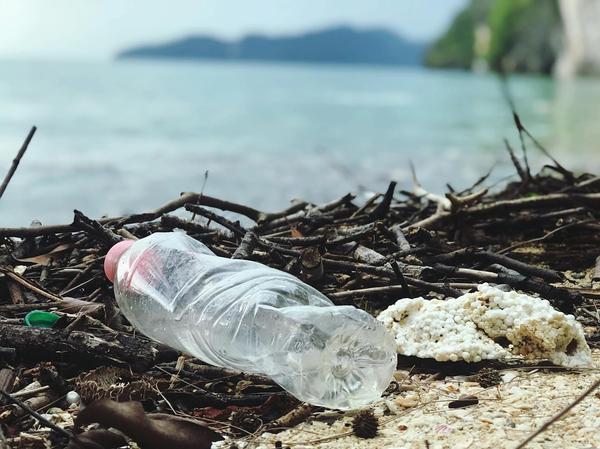China's social credit system
•
28th August 2025
China's Social Credit System
The Chinese government wants to reduce corruption by increasing trustworthy behaviour in society (Woo, 2025). The government believes this can be achieved through technology, using data to penalize bad and reward good behaviours (Yang, 2022).
China’s social credit system (SCS) is an ambitious technological attempt to unify financial, legal and other information from corporations and social organizations to provide a full picture of creditworthiness, the goal of which is to instill ‘trustworthiness’ in society, to achieve social change required to reduce corruption (Daum, n.d., Koty & Huld, 2023).
Although technology can bring substantial benefits, it is important to recognize the influence of power relations on technological outcomes and to understand that data is not inherently objective (the assumption that it is, is referred to as the ‘allure of objectivity’ (Benjamin, 2015)).
With this problematization, this essay will answer the question: How might power structures between local and national government, as well as the assumed objectivity in data, impact the ability of the SCS to achieve social change and reduce corruption?







